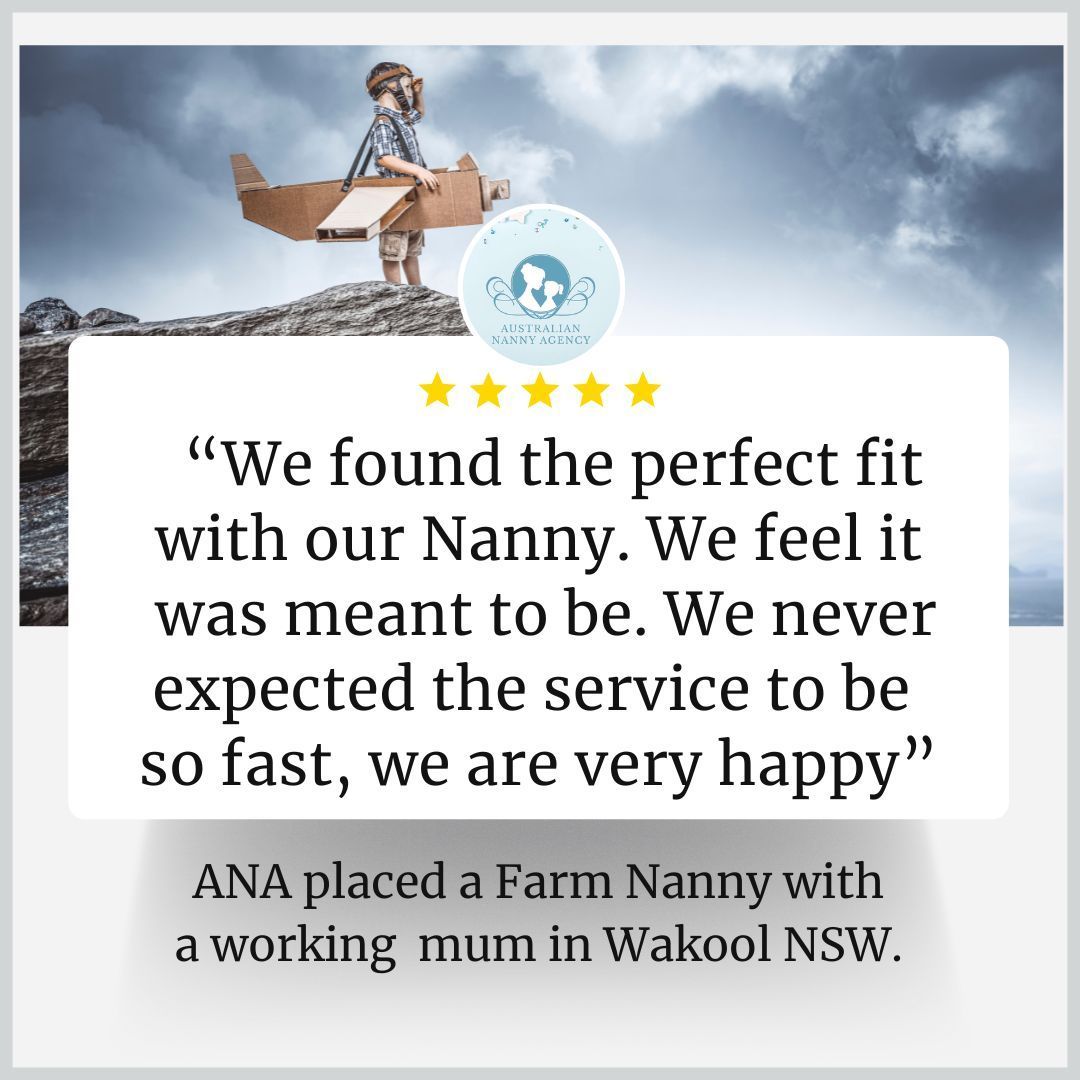"Meeting Unique Family Needs: The Rising Demand for Specialized Nanny Skills in Childcare Recruitment"

Focus on Nanny Specializations: Meeting the Evolving Needs of Families
As families become increasingly aware of their unique needs and the specific requirements for their children, the landscape of childcare is shifting dramatically. Gone are the days when a nanny was simply seen as an extra pair of hands. Today's families are searching for caregivers with specialized skills that align with their children's individual needs and family dynamics. This has led to a growing demand for nannies who possess unique qualifications, ranging from experience with special needs children to multilingual capabilities, and expertise in early childhood education.
The Rise of Specialized Nanny Roles
The role of a nanny has evolved considerably in recent years. Families are now recognizing that generic childcare solutions may not adequately address their children's specific needs. As such, nannies with specialized skills are becoming increasingly sought after.
Special Needs Experience: One of the most significant areas of specialization is the ability to care for children with special needs. Parents of children with autism, developmental delays, or other disabilities often require caregivers who not only understand these conditions but also possess the skills to support their child's unique requirements. Nannies with training in special education, behavioral therapy, or experience working with children with special needs can provide invaluable support to families navigating these challenges.
Multilingual Abilities: In an increasingly globalized world, many families are seeking nannies who can communicate in more than one language. This demand is particularly prominent in multicultural households or families who prioritize bilingualism for their children. A multilingual nanny can offer immersive language experiences that promote cognitive development and cultural awareness, making language acquisition a natural part of the child’s daily life.
Early Childhood Education Expertise: Parents are also placing a premium on nannies with formal education in early childhood development. These professionals bring knowledge of developmental milestones, age-appropriate activities, and educational techniques that can enrich a child's learning experience. Nannies with a background in early childhood education can provide structured learning opportunities while also fostering creativity and independence in children.
The Impact on Recruitment
As the demand for specialized nannies increases, recruiters are adapting their approaches to meet the needs of families. Traditional job listings that focus solely on general childcare responsibilities are being replaced by postings that emphasize specific skills and qualifications. Recruiters are now highlighting various specializations, ensuring that potential candidates showcase their unique abilities prominently in their resumes.
Tailored Job Listings: Recruiters are creating tailored job listings that clearly outline the specialized skills families are seeking. This includes specific certifications, such as CPR training, first aid, or behavior management techniques. By explicitly stating these requirements, recruiters help families find the right fit while guiding candidates to emphasize their relevant experiences.
Focused Interview Processes: The interview process is also evolving. Recruiters are developing questions tailored to assess a candidate’s specialized skills and experiences. For instance, interviews may now include scenario-based questions that gauge a nanny's ability to handle specific situations related to special needs care or language immersion techniques.
Ongoing Training and Development: To further meet the specialized needs of families, many recruitment agencies are investing in the ongoing training and professional development of nannies. This may include workshops on special needs care, language acquisition techniques, or updates on the latest research in early childhood education. By providing these resources, agencies not only enhance the skills of their nannies but also ensure families receive the highest quality of care.
Benefits for Families
The focus on specialization in the nanny industry brings numerous benefits for families.
Customized Care: Families can find nannies who are specifically equipped to address their children's needs, ensuring personalized care. This allows for a more tailored approach to childcare that can adapt to the evolving requirements of the child.
Increased Confidence: When families hire a specialized nanny, they often feel more confident in the care their child is receiving. Knowing that the caregiver has the necessary skills and experience can alleviate anxiety and provide peace of mind for parents.
Holistic Development: Children benefit from specialized care that promotes their overall development. Whether it’s through language immersion, targeted educational activities, or adaptive strategies for special needs, a specialized nanny can foster an environment that nurtures growth in multiple domains.
Conclusion
The demand for specialized nannies is a reflection of the evolving needs of families and society as a whole. As parents become more aware of their children's unique needs, they are seeking caregivers who can provide personalized, knowledgeable, and effective support. Recruiters are responding to this trend by emphasizing specializations in their listings, ensuring families can find the right match for their childcare needs. In this new era of childcare, the focus on specialization not only enhances the quality of care but also contributes to the holistic development of children, paving the way for their future success.
What are the key benefits of focusing on specific specializations within nanny services, such as infant care or special needs support?
Blog









